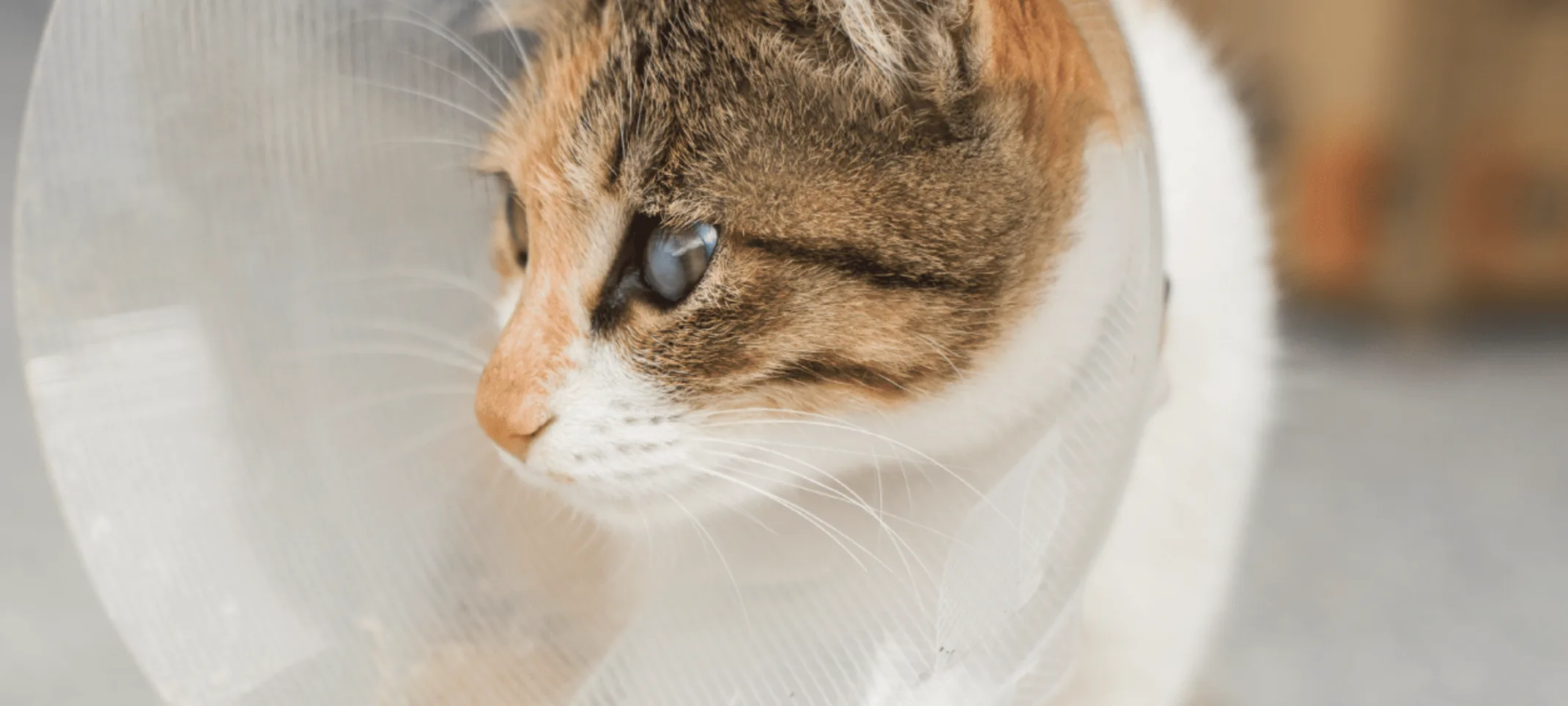Westside Animal Hospital
Spay & Neuter
Spaying or neutering your pet can help them live a longer, healthier life, minimize behavior problems, and help control the population of unwanted dogs and cats. We believe this decision about your pet is between you and your doctor and should be considered carefully.

General Information:
The term “neutering” technically refers to the surgical sterilization of either sex; however, in common usage “neutering” is typically used to apply to male animals and “spaying” applies to female animals. We typically recommend spaying and neutering at 5 to 6 months of age.
Females: An ovariohysterectomy, or spay, is the surgical sterilization of a female animal. During this surgery, both ovaries and most of the uterus are removed. An overnight stay is required. A period of rest of at least 5-7 days is essential after surgery to aid your pet in the healing process. We will provide you with detailed home care instructions when you pick up your pet.
There are numerous health benefits to spaying your pet beyond prevention of unwanted litters:
Spaying will eliminate the behavior associated with heat cycles, which many owners find to be a nuisance. Bleeding from the vulva, which occurs just prior to coming into heat, can be messy for indoor dogs. Cats, which may have numerous heat cycles per season, may vocalize excessively. Cats also tend to elevate the hind end and “tread” with their hind feet.
Spaying also virtually eliminates the risk of pyometra, a life-threatening infection of the uterus. Patients with pyometra will act sick, refuse to eat, and often have discharge (pus) from the vulva. If untreated, pyometra is often fatal.
Spaying is also an excellent means for the prevention of mammary (breast) cancer, especially if performed prior to the first heat cycle. Estrogen, normally produced by the ovaries, acts as an enhancer for breast cancer. Each heat cycle an animal passes through will increase her risk of mammary cancer later in life. By removing the ovaries, this signal is lessened. Failure to spay female dogs and cats, or spaying after one or more heat cycles have already occurred, is a major risk factor for breast cancer.
Males: Castration, or neutering, is the surgical sterilization of a male animal. During this surgery, both testicles are removed. An overnight stay is required for dogs, but cats may go home later the same day. A period of rest of at least 5-7 days is essential after surgery. We will provide you with home care instructions when you pick up your pet.
There are numerous health benefits to neutering:
Neutering helps prevent certain undesirable behaviors, especially roaming. Pets who roam are more likely to be in fights, be hit by cars, and contract infectious diseases. Urine marking/spraying is also lessened or prevented by neutering. Neutered dogs are less prone to the development of aggression. Once undesirable behaviors have begun, neutering may not reverse the problems.
As with older men, non-neutered older dogs are prone to the development of prostate enlargement. This can result in difficult or painful urination and bowel movements. Neutered dogs have a much lower incidence of this problem later in life. In addition, certain anal tumors are much more common in non-neutered dogs. Please call if you have further questions about spaying/neutering or if you would like to schedule a surgery appointment.
Please call if you have further questions about spaying/neutering or if you would like to schedule a surgery appointment.
